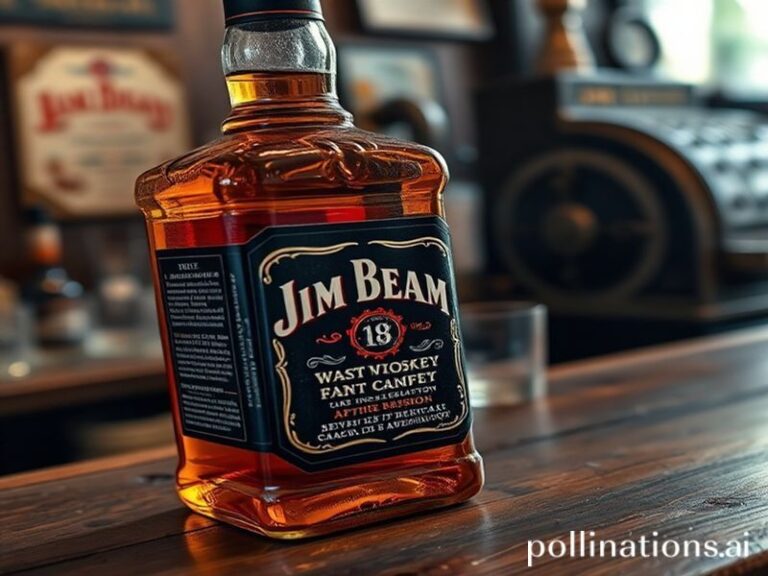Yu Menglong: How a Chinese Pop Export Became the World’s Most Bankable Mirage
Yu Menglong and the Global Art of Vanishing While Standing Still
If you’ve never heard of Yu Menglong, congratulations—you may be the last person on Earth whose social-media feed hasn’t been ambushed by his face. Across four continents, the Chinese actor-singer-model-“walking skincare commercial” has become the poster child for a peculiar 21st-century phenomenon: the export of engineered charisma. In Shanghai, commuters clutch billboards of his cheekbones like holy relics. In Lagos, bootleg T-shirts with his half-smirk outsell actual electricity. And in Buenos Aires, a café now offers the “Menglong Latte”—a drink so symmetrical it could balance a UN budget.
Yu’s rise is less a Cinderella story than a supply-chain miracle. Born in 1989, he spent his twenties as background wallpaper in historical dramas—literally; one role required him to stand behind a potted plant for eight episodes—until Chinese streaming giant iQiyi needed a fresh face to recoup losses on a dating show. Algorithms predicted he’d test well with urban females aged 18-34 who enjoy breathing oxygen. They were right. Overnight, Yu became the human equivalent of a QR code: scannable, monetizable, and ultimately disposable if the next update rolls out faster.
What makes him globally interesting isn’t talent—let’s not kid ourselves; the man could be replaced by a hologram and no one would notice—but the template he perfects. Yu is the beta version of a soft-power Trojan horse. Beijing’s cultural czars, having noticed that K-Pop turned South Korea into a trillion-dollar earworm, now package their own stars for offshore consumption. Yu speaks just enough English to apologize for his English, wears enough Western brands to be relatable, yet remains ideologically lint-free. He’s the diplomatic equivalent of a gluten-free croissant: cosmopolitan in theory, suspiciously hollow in practice.
Meanwhile, the rest of the planet reacts with the collective coordination of a drunk flash mob. Netflix buys his drama remake rights before subtitles exist. French fashion houses bid on his jawline. Silicon Valley startups hire his image for NFTs that are, ironically, more substantial than most cryptocurrencies. Each transaction reinforces the same quiet truth: national identity is now just another flavor profile in the global attention smoothie. Strawberry nationalism, banana capitalism, a shot of moral indignation for the aftertaste.
The darker punchline? Yu’s ubiquity coincides with the slow implosion of the very idea of stardom. As AI-generated influencers flood feeds—remember the South Korean virtual model who dated a real idol until she ghosted him with a patch note—human celebrities race to become more artificial. Yu’s team tweaks his eye-to-nose ratio in post-production so aggressively that ophthalmologists use his posters to calibrate equipment. Fans call it “perfection.” Everyone else calls it Tuesday.
Still, the economics are unassailable. A single Yu-endorsed lipstick sold out in 38 countries, proving that the universal language isn’t love but scarcity marketing. The UN briefly considered appointing him goodwill ambassador for sustainable consumption, then remembered he once promoted a limited-edition sneaker line that dissolved in rain—planned obsolescence as performance art.
At 34, Yu is already preparing for obsolescence’s second act. In interviews he speaks wistfully of directing, a pivot as predictable as a politician discovering poverty on the campaign trail. Behind the scenes, aides archive his facial expressions for deepfake licensing—future Yu can emote long after present Yu has aged into irrelevance. It’s estate planning for the algorithmic afterlife.
So when you finally see Yu Menglong staring from a Times Square screen at 3 a.m., remember: you’re not looking at a person. You’re looking at a trade agreement wearing lip tint. And if that feels depressing, console yourself with the thought that somewhere, in a server farm cooled by Icelandic glaciers, a synthetic replacement is already learning to smirk exactly 12 percent less. Progress marches on, armed with better cheekbones and a sponsorship deal.







